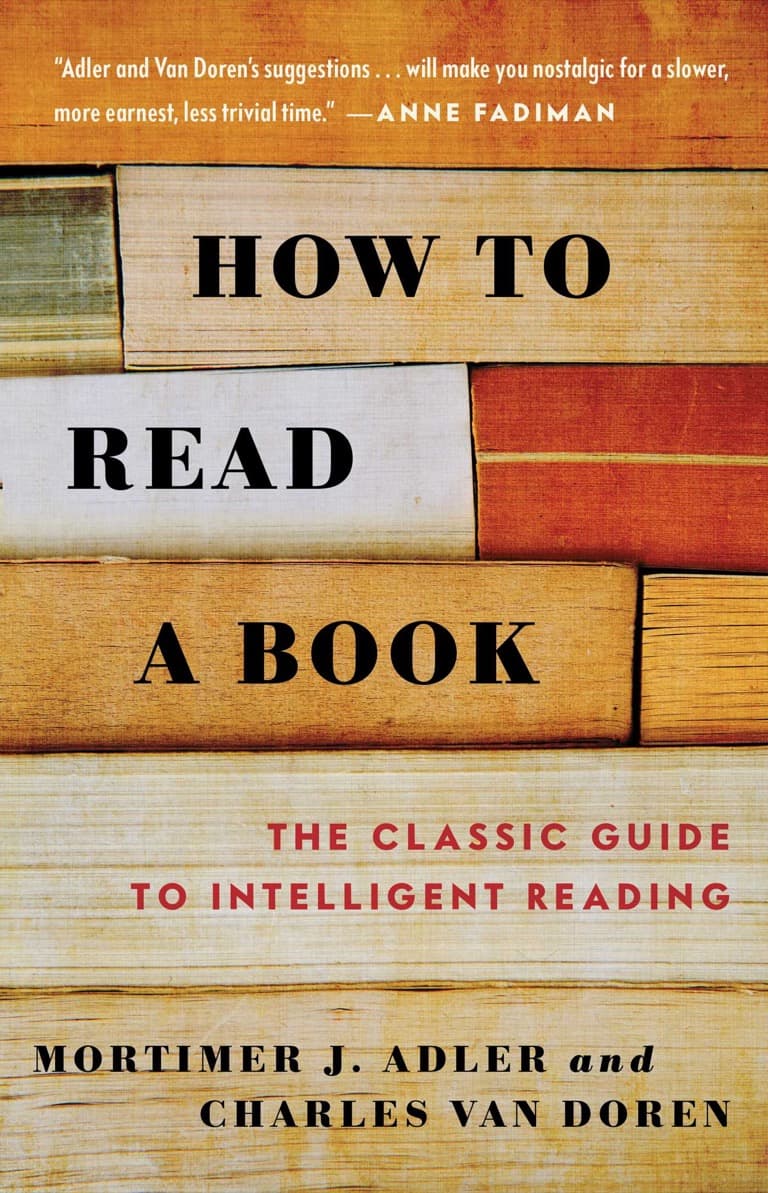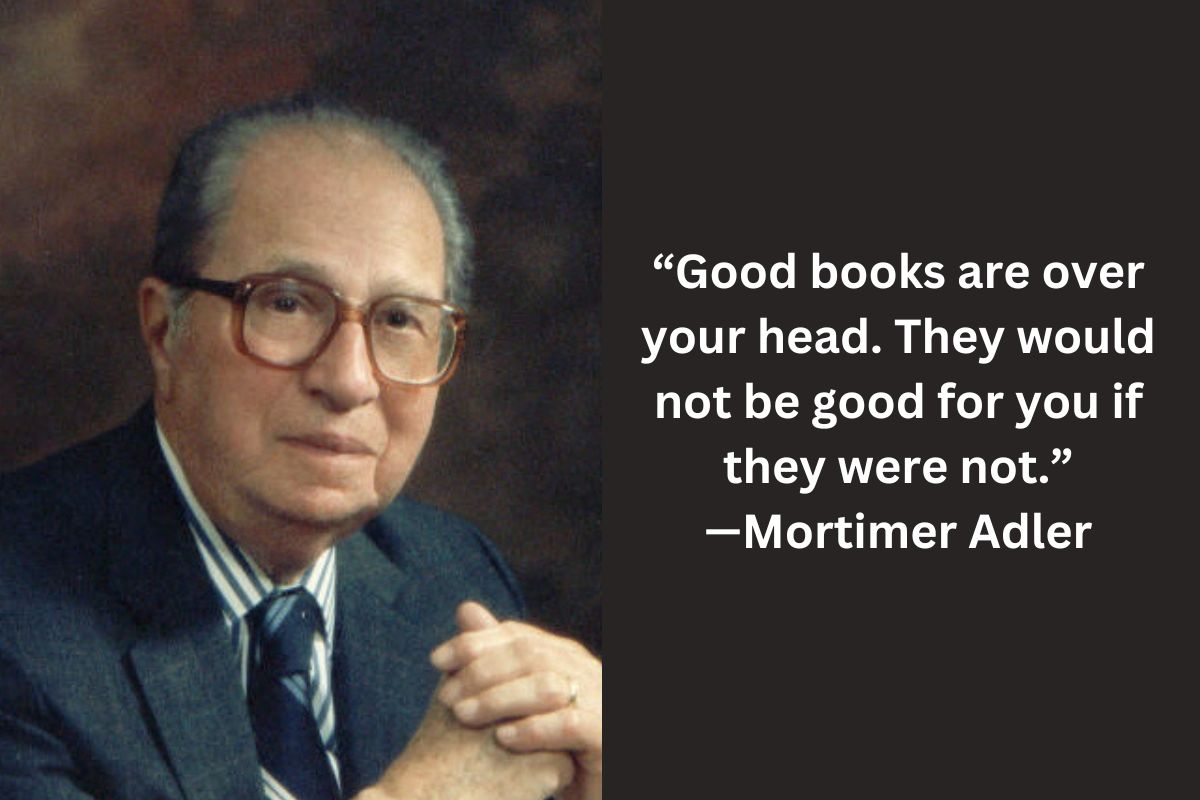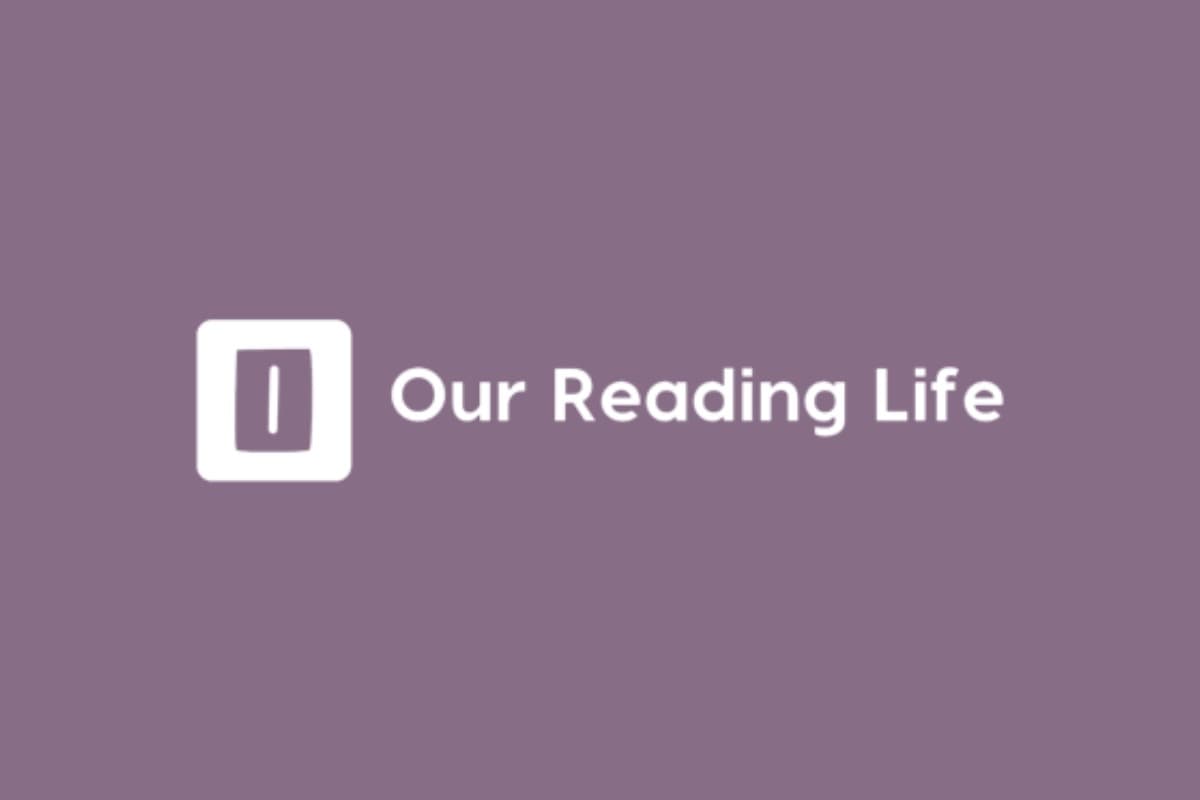 “Get into bed in a comfortable position, make sure the light is inadequate enough to cause a slight eyestrain, choose a book that is either terribly difficult or terribly boring … and you will be asleep in a few minutes,” writes Mortimer Adler in his famous manual How to Read a Book: The Classic Guide to Intelligent Reading.
“Get into bed in a comfortable position, make sure the light is inadequate enough to cause a slight eyestrain, choose a book that is either terribly difficult or terribly boring … and you will be asleep in a few minutes,” writes Mortimer Adler in his famous manual How to Read a Book: The Classic Guide to Intelligent Reading.
Indeed, anyone who has ever read a book before bed knows this sleep recipe works, one hundred percent. But staying awake during reading is an entirely different matter, one that depends on our goal in reading. If we want to grow in mind or spirit we have to keep awake, and that means reading as actively as we can. But what does it mean to read actively? To answer this question, it’s first helpful to consider what constitutes passive consumption of information. Mortimer Adler writes:
The viewer of television, the listener to radio, the reader of magazines, is presented with a whole complex of elements — all the way from ingenious rhetoric to carefully selected data and statistics — to make it easy for him to “make up his own mind” with the minimum of difficulty and effort. But the packaging is often done so effectively that the viewer, listener, or reader does not make up his own mind at all. Instead, he inserts a packaged opinion into his mind, somewhat like inserting a cassette into a cassette player. He then pushes a button and “plays back” the opinion whenever it seems appropriate to do so. He has performed acceptably without having had to think.

Active reading, on the other hand, means making an effort, thinking, and asking questions — questions that we ourselves must try to answer in the course of reading. But not any questions. A wakeful, conscious way of reading and comprehending information consists in the habit of asking the right questions in the right order. Mortimer Adler writes:
1. What is the book about as a whole? You must try to discover the leading theme of the book, and how the author develops this theme in an orderly way by subdividing it into its essential subordinate themes or topics.
2. What is being said in detail, and how? You must try to discover the main ideas, assertions, and arguments that constitute the author’s particular message.
3. Is the book true, in whole or part? You cannot answer this question until you have answered the first two. You have to know what is being said before you can decide whether it is true or not. When you understand a book, however, you are obligated, if you are reading seriously, to make up your own mind. Knowing the author’s mind is not enough.
4. What of it? If the book has given you information, you must ask about its significance. Why does the author think it is important to know these things? Is it important to you to know them? And if the book has not only informed you, but also enlightened you, it is necessary to seek further enlightenment by asking what else follows, what is further implied or suggested.
Mortimer Adler concludes by reminding us that people go to sleep over good books not because they are unwilling to make the effort, but because they don’t know how to make it. “Good books are over your head,” he writes again and again throughout the numerous chapters of his classic guide, “They would not be good for you if they were not.” Good books weary us unless we can reach up to them and pull ourselves to their level. How to Read a Book (paperback | audiobook) remains a timeless manual of the most important skill that supports us in all stages of our adult life. Complement with out article on how to read a poem.







